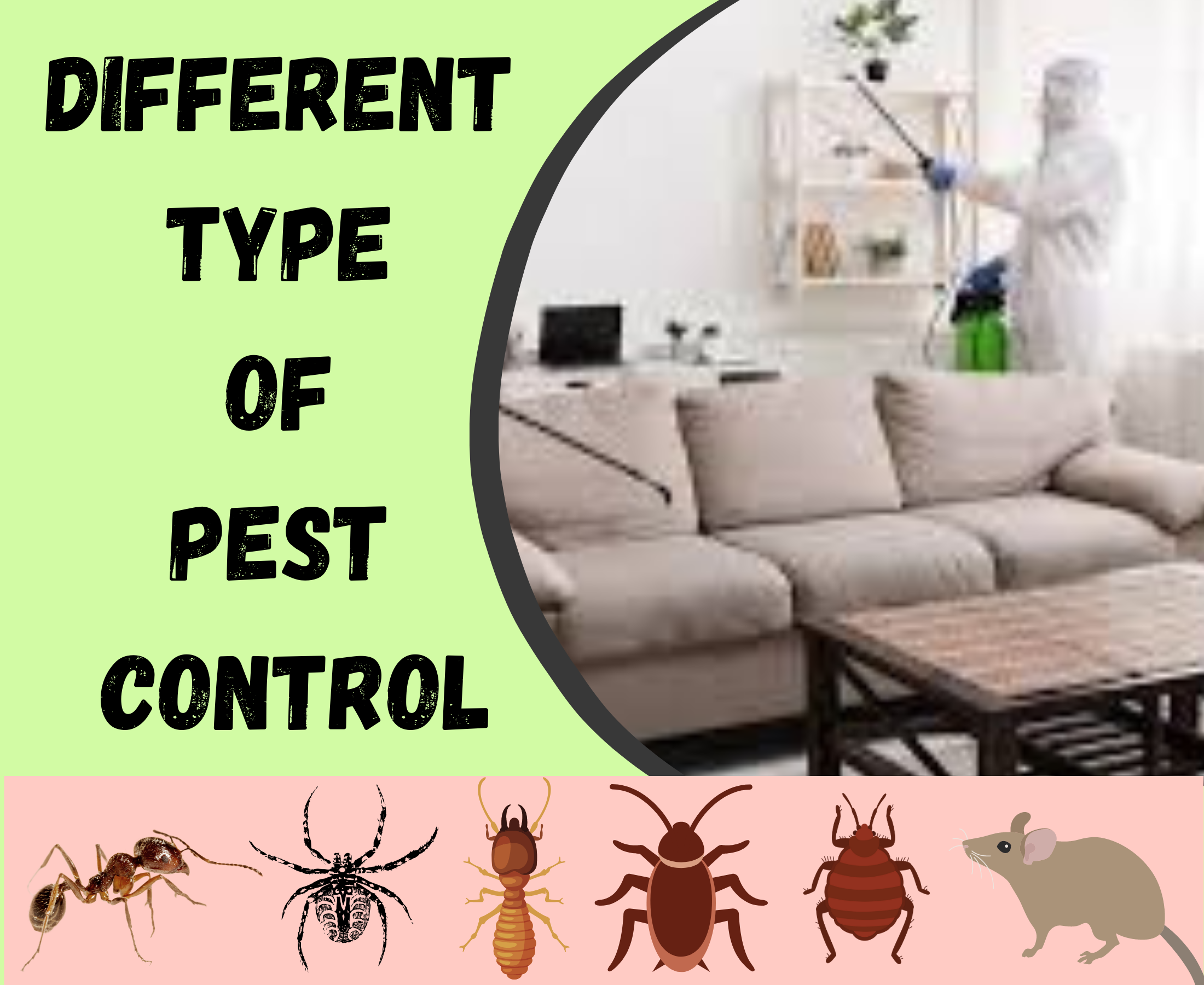7 Easy Facts About Pest Control Described
7 Easy Facts About Pest Control Described
Blog Article
Indicators on Pest Control You Should Know
Table of ContentsAll about Pest ControlThe smart Trick of Pest Control That Nobody is Talking AboutPest Control Things To Know Before You Get ThisThe smart Trick of Pest Control That Nobody is Talking About7 Simple Techniques For Pest Control
Limitations of Chemical Monitoring Be able to evaluate parasite issues, establish if administration is essential, and make suitable referrals using IPM methods. Be acquainted with different techniques of parasite administration - their advantages and constraints.This chapter reviews (IPM), a method that makes use of knowledge about bugs and their, techniques, nonchemical methods, and pesticides to take care of pest problems. Extra details about IPM for particular plants is included in phases that focus on those plants. Nonchemical bug control actions are stressed in chapter 17, "Organic Gardening." Handling birds and creatures is covered in phase 20, "Wildlife." Managing in the lawn and garden is covered in chapter 6, "Weeds." Parasites in a yard or landscape might consist of pests and mites, weeds,, mammals, and birds.
Lots of people hurry to pull, hoe, or spray every weed they see. Pests and weeds, nevertheless, contribute in the. After growing a garden or developing a yard, the natural procedure of plant sequence starts to reestablish and nonnative plants. A weed expanding in a grass represents the initial phase in a sequence of occasions that, if enabled to continue, could eventually result in a forest.
What we call "parasites" are part of an all-natural system at work. Just people consider particular species parasites when they happen where they are not desired.
Getting My Pest Control To Work
Insects prone to a pesticide were rapidly eliminated, leaving immune ones to breed and multiply. It came to be clear that pesticides alone would not address all pest issues. Rather, overuse of chemicals caused the advancement of immune parasites. Scientists began to establish a brand-new approach to pest control. This new technique was referred to as integrated insect administration (IPM).
An IPM strategy permits some degree of pests in the setting. Bugs are much less likely to endure a program that utilizes various approaches of lowering their populaces. Integrated pest management was initial recommended by entomologists because insects were the initial team of parasites to prove difficult to take care of with chemicals alone.
pest and host properly. and take into consideration financial or visual injury. A limit is the factor at which action ought to be taken. a treatment strategy using mechanical, social, organic, or chemical controls, or a combination of these techniques. success of treatments. IPM has expanded past pests to administration of all pest populations: weeds, disease organisms, and creatures.
The Basic Principles Of Pest Control
Administration rather than removal of parasites is the goal. An IPM plan begins with a mindful evaluation of each parasite problem.
Clover growing in a yard might be deemed an undesirable weed, however as a vegetable it is synthesizing nitrogen for the dirt and the blossoms are giving nectar to honey and various other. Resistance for some weeds might be component of an IPM plan. might be eating the leaves of a plant, yet when they are recognized as the larvae of Eastern tiger swallowtail butterflies, their damage may be tolerated so we can delight in the gorgeous butterfly.

The second most essential device in pest management is early treatment. Responding to issues promptly, prior to they have time to increase, calls Visit Website for a less dramatic intervention.
Getting My Pest Control To Work
Several secure, functional, nonchemical techniques of plant security and insect management might lower or get rid of the requirement to spray. Other approaches are most beneficial when made use of with chemicals. To execute management techniques properly and to reduce losses, gardeners need to be conscious of the types of pests that strike plants and comprehend pest biology.

Carrying out a dirt examination and using just the recommended amount of fertilizer and lime optimizes the advantage to the plant while minimizing troubles associated with extreme usage of fertilizer - Pest Control. Treatment official source the dirt with a number of inches of mulch shields the plant in a number of means: decreasing dirt water loss to evaporation, reducing weed competition, supplying nutrients, and producing an appropriate atmosphere for earthworms and bacteria that maintain the soil loose for roots and break down natural product to launch nutrients
If mulch touches the trunk, it can produce a method for voles, germs, and fungi to strike the plant. Do not make use of manure or compost that has not extensively decayed as a leading dressing because it can urge unfavorable pests. Study recommends that farming is detrimental to dirt structure.
Pest Control Fundamentals Explained
If tilling is deemed needed, consider doing it in the loss when the life cycles of lots of pests brings them near the surface. At the surface area, insects come to be exposed to the weather condition as well as birds and other all-natural enemies. Autumn tilling can additionally destroy bugs in plant residues. Use healthsome and insect-free certified seeds and plants if offered.
Report this page